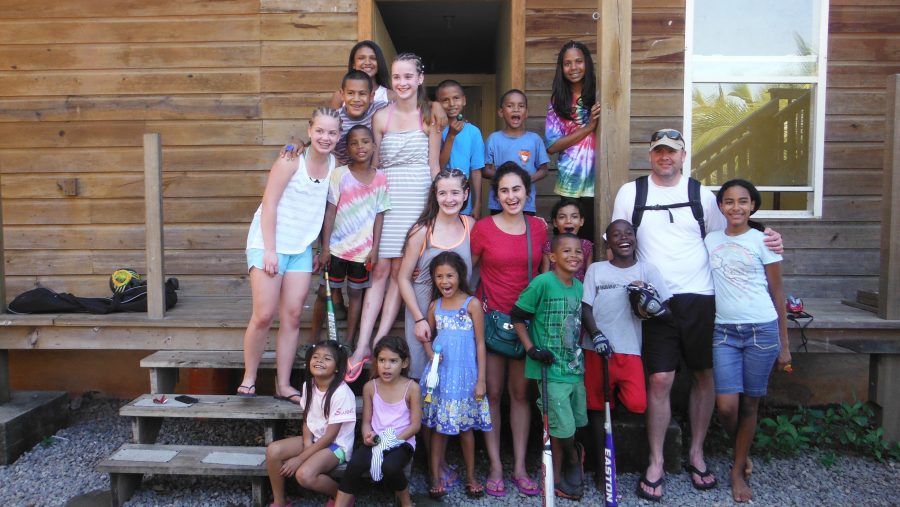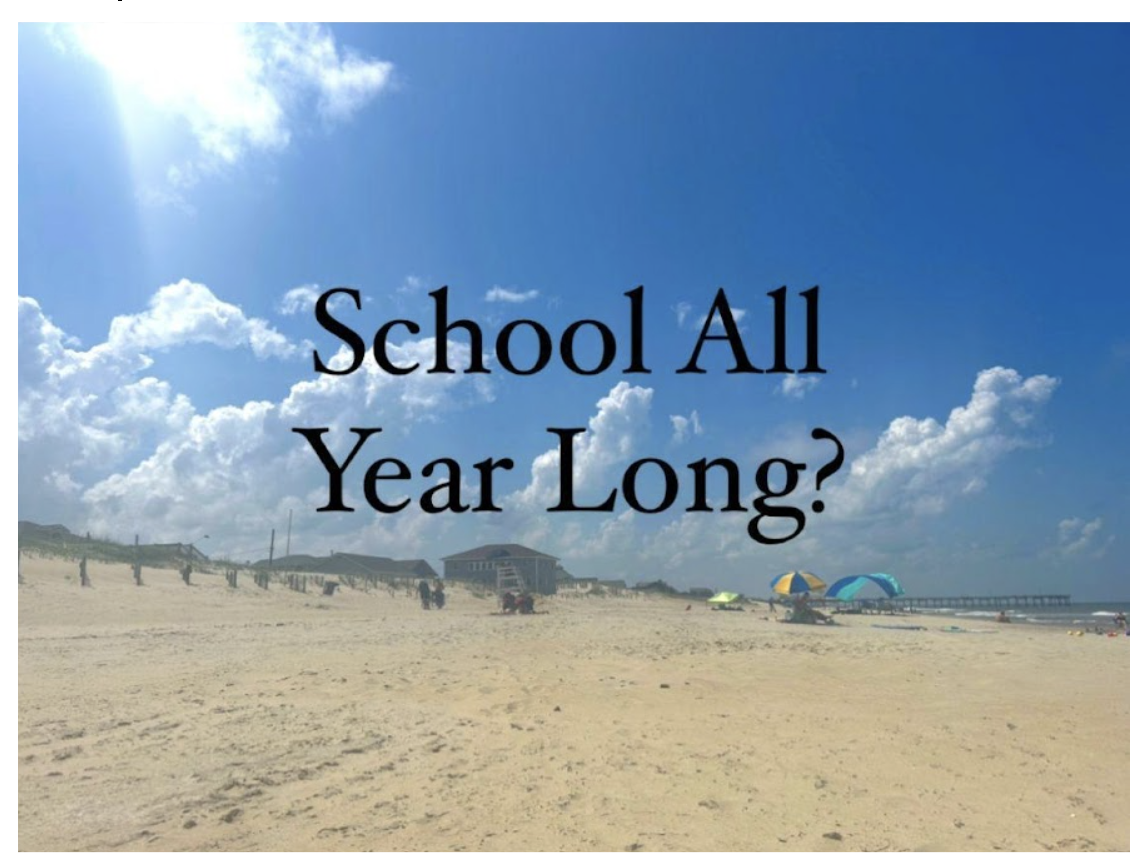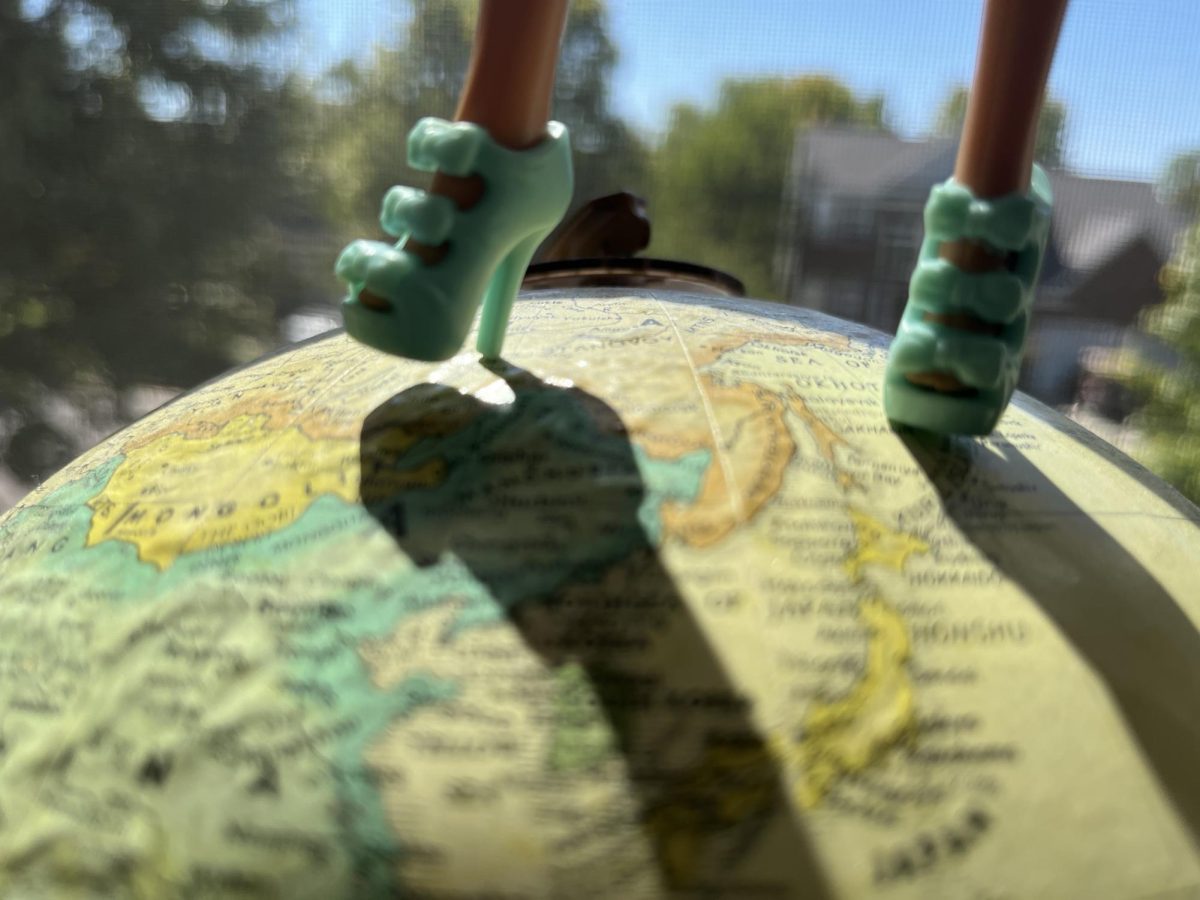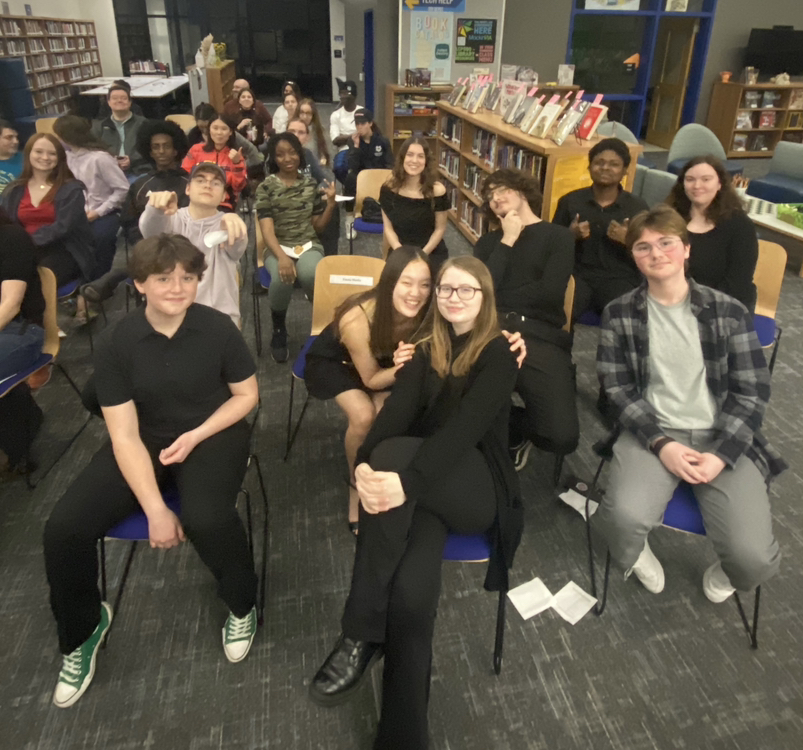By Megan Cohen
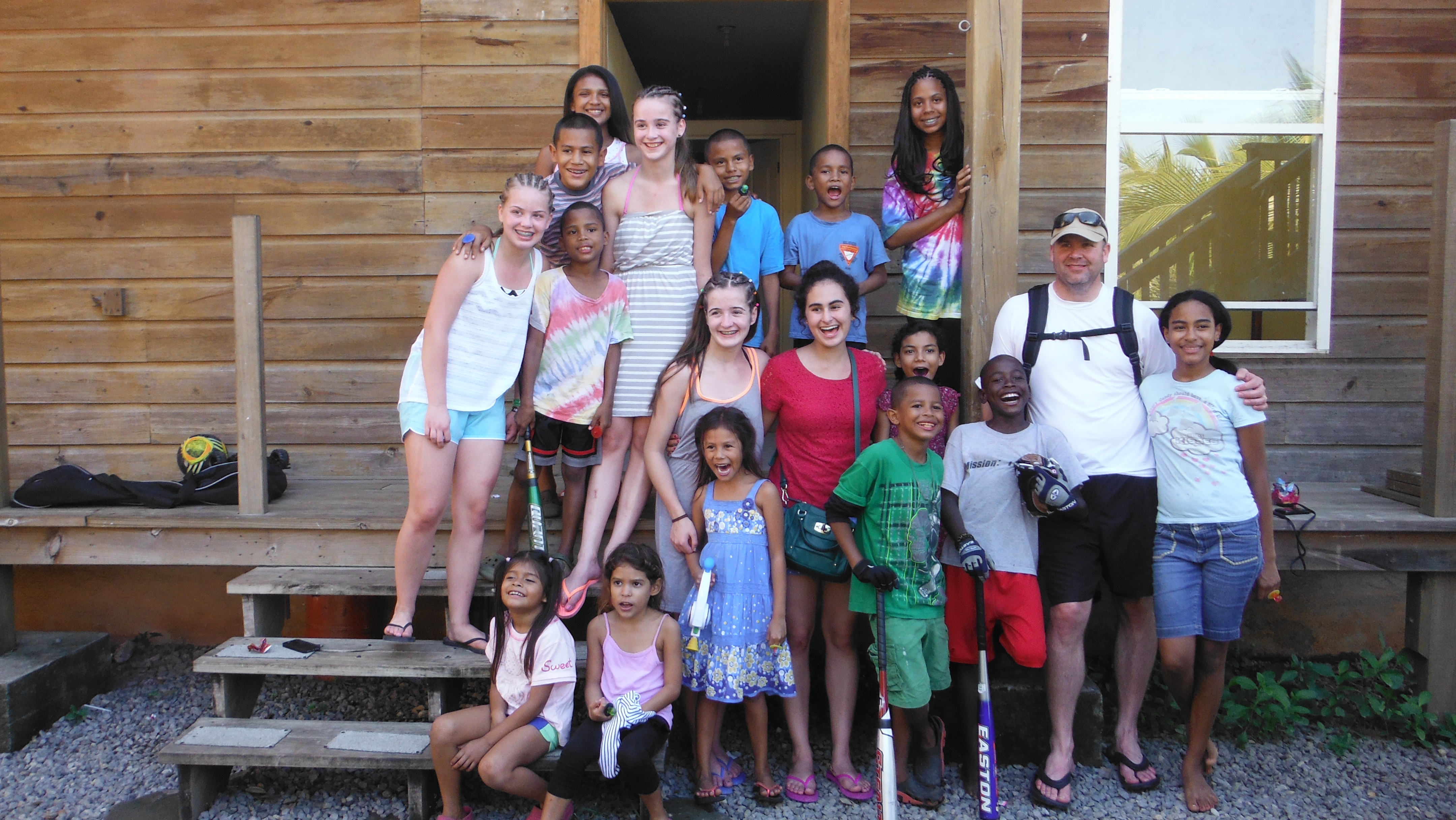
For the entire month of December, my street was illuminated with Christmas lights; a picturesque scene that could be printed onto Hallmark cards and peddled to the masses. But this lovely display was slightly ruined by the dark figure at the end of it: my house. It was honestly a bleak and unhappy image, and I’m sure at least one of our neighbors characterized my family as a trio of Scrooges. But what we had planned for the holidays was well worth whatever negativity we seemed to emit. No, we were not protesting, nor were we too lazy to hang a wreath on the door. We had simply traded in our presents and decorations for plane tickets, and my family and I took a week-long trip for the holidays to Roatan, an island off the coast of Honduras.
We figured that if we were going to be treating ourselves to a vacation, we ought to give back in the process. So along with our incredibly overpacked luggage, we took down a bag of clothes, toys, and toiletries to take to a local orphanage on Christmas Eve.
Sandy Bay Lighthouse Ministries has been housing orphaned children since 2000, and has always been welcome to visitors, especially during the holiday season. Even though the staff were the ones needing help, they were more than willing to be hospitable. We were picked up in front of our hotel by Orsy Cruz who, along with his wife Banesa, operates Sandy Bay. In the passenger seat was Orsito, a fourteen year-old boy that was the second oldest at Sandy Bay. There was a small hiccup as we tried to load ourselves into the van, as Emanuel, the youngest child at age three, was stretched out across the back seat, sound asleep, his tiny sandals the only thing I could see from my seat. We would learn about his story later.
Roatan’s roads have never been the smoothest, but recent construction and periods of rain (December is the wettest season on the island) resulted in a less than pleasant ride to the orphanage. This, however, was easy to ignore, as we were too engrossed in listening to Orsy and Orsito talk about their lives on the island. Orsito liked baseball, a happy coincidence, seeing as my stepdad had played for Towson University and had brought down gloves and bats for the kids.
As Sandy Bay came into view, I found myself admiring its location: right atop a cliff overlooking the ocean. “Do you take them to the beach a lot?” my mother asked, to which Orsy nodded and laughed. “You’ve got to, when it’s five minutes away,” he replied.
If we’re being honest here, meeting the kids was at first a little awkward. You don’t really know how to just jump right in, and for a moment I felt rather pressured as a bunch of young children I’d never met stared at me expectantly. But there was one girl, Sindy, who would be my icebreaker. She was seven, and had the same energy and enthusiasm that comes with her age. Despite the hardships she had endured at such an early age, she was still a kid, and I liked that about her.
She was the one to escort me into the living area, eager to play UNO with the new deck of cards we had brought. Before we sat down, Orsy brought my family and I over to the wall adorned with portraits of each child at Sandy Bay, each including their age and a bio they had written themselves. Looking up at me was a familiar-looking face. “This is Emanuel,” Orsy said, pointing towards the undeniably adorable picture. “He was the one passed out in the van. He’s special here.” He smiles and corrects himself, “Well, they’re all special, but he’s got quite a story.”
Emanuel was left on Sandy Bay’s doorstep on Christmas Eve when he was only ten days old. Unlike most of the children, he has never really lived anywhere else but Sandy Bay. I was still trying to process this when Sindy grabbed my hand and directed me towards the pending UNO game. We were soon joined by Richard, a ten year-old who put on my mom’s sunglasses and kept flashing me peace signs throughout the game. While we played cards and Jenga, my stepdad took some of the older boys down to the baseball field to play a few games, some of which I watched from the overlook with a few other kids I met. They took pictures of me with our camera while I attempted Bop-It, which I consistently failed at.
We were working on a puzzle in the kitchen area when I felt a light tap on my shoulder. Standing right behind me was Emanuel innocently holding up the UNO deck. “You wanna play?” I asked him, and he responded with a simple nod. I took him over to another table where he wordlessly handed me four cards, and gave himself three. There were no distinct rules, or even a name for Emanuel’s game with the UNO cards, not that those are necessary when you’re three years old. Hoping to catch on, I watched as he set down one of his cards, and we took turns placing cards down. He emptied his hand first, I declared him the winner, and he finally gave me a smile.
Five hours went by, but it felt like two. Breaking the news that we were leaving was actually a bit difficult, and not just because the kids kept begging we come back tomorrow for Christmas. It was difficult because I had a good time. I don’t know why, but prior to going there, I had been skeptical as to whether or not that was truly possible in an orphanage. After all, every child that is there is there for a reason, and that reason is often very sad.
So as we climbed back into the van for Orsy to drive us back to the hotel, I kept thinking about this assumption I had made that this would be a sad environment. Yet shortly after arriving, I had been surrounded with such positive energy, it didn’t feel like I was at an orphanage. And why was this? Why would these children who, by no fault of their own, had ended up with unfortunate life situations, be happier than most of the people I knew back home who had twenty times what they had?
The initial conclusion would be that it’s because they’re children. Such reasoning is often used to end any discussion right then and there, because children are not often regarded as valid examples of people living their lives. There were one or more occasions where I would have agreed with this. You can throw psychology into it and explain how their brains aren’t fully developed, or just use “common sense” and say that kids are too sheltered to understand the hardships of life, and are therefore just happier.
Well, these kids weren’t sheltered. In fact, these kids had been exposed to more hardship than I had. Children, while young, are still human beings. They experience fear, grief, and anger, just like we do. We like to think otherwise, but in a way, they are not too different from us.
Because of this experience, I now realize there is a lot we could learn from children. They’re often seen as the students, the ones who are doing the most learning. But maybe we can find a balance, where we teach them about vocabulary and politics while they teach us how to be happy when faced with misfortune.
